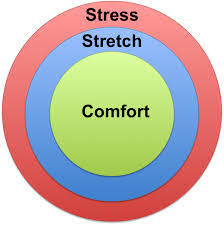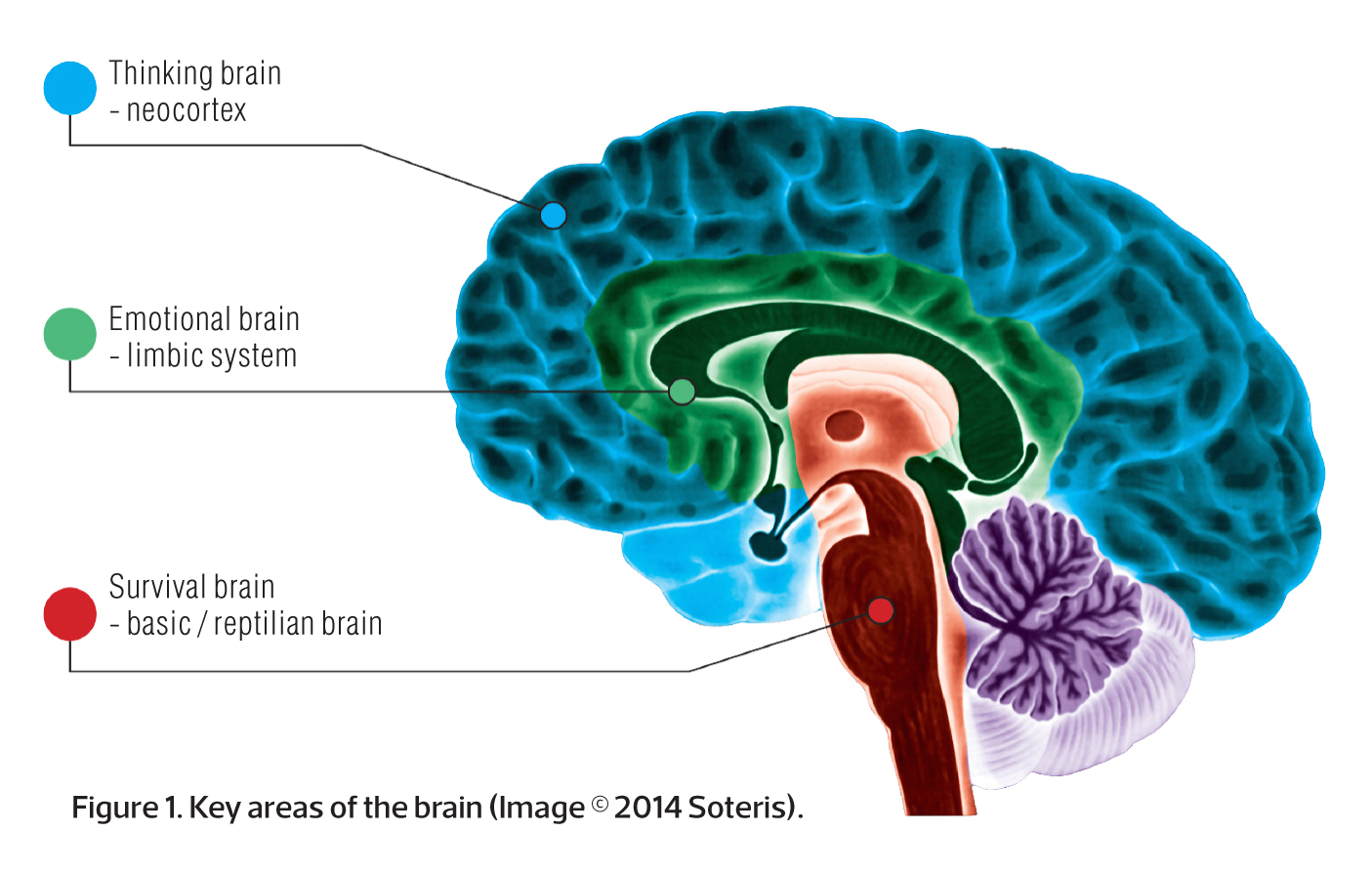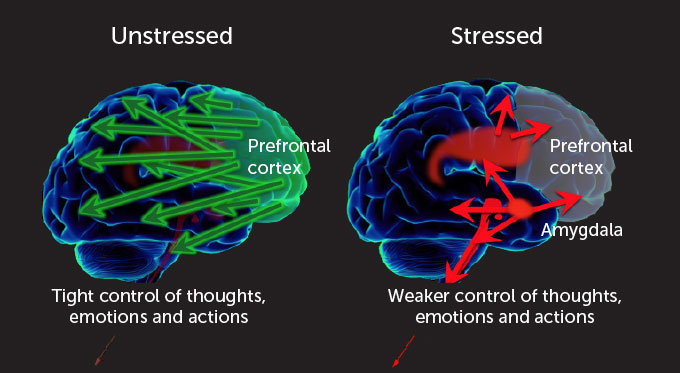The Instincts
What makes sexual, food and gambling recovery so hard? Why do those addictions have such low recovery rates? Substance addiction involves the misuse of instincts, addictions involving food, sex or money are addiction to instinctive behaviour.
CREATION gave us instincts for a purpose. Without them we wouldn’t be complete human beings….(instinctive) desires… are perfectly necessary and right, and surely God-given. Yet these instincts, so necessary for our existence, often far exceed their proper functions. Powerfully, blindly, many times subtly, they drive us, dominate us, and insist upon ruling our lives….When thus out of joint, man’s natural desires cause him great trouble, practically all the trouble there is. No human being, however good, is exempt from these troubles. Nearly every serious emotional problem can be seen as a case of misdirected instinct. When that happens, our great natural assets, the instincts, have turned into physical and mental liabilities.
Addiction to Instinctive behaviour versus addiction to a substance
When the addiction is to instinctive behaviour, more complex thinking is required to manage triggers than with drugs, alcohol or smoking, where the standard recovery mantra is “stay out of the old environment and don’t pick up the first drink, drug or cigarette”
The survival instincts for food, sex and finances are built into the brain and are largely automatic. The body and brain is the old environment, not some external place we visit to procure our drug of choice.
Recovery from addiction to instinctive behaviour requires managing instinctive urges at a high level. This requires a sufficiently functioning brain and in particular, a well enough functioning neocortex (thinking brain) to overpower the impulses from the automatic survival (reptilian) brain.
Addiction is the Survival Brain hijacking the Thinking Brain
The survival brain is resistant to change as it’s the system that keeps us breathing. It can shut down the rest of your brain: emotional hijacking! We automatically use the survival brain throughout the day many times to keep us safe. That’s its job. That’s what God designed it for. The survival brain operates on instinct, automatically. The thinking brain, in contrast, involves a much more complex process
Surrender is the thinking brain rejecting the impulses from the survival brain. However, in survival mode, stuck in the survival brain, we find ourselves cut off from the ability to engage in rational thought and any memory systems, both thinking brain functions. Physiological problems in the thinking brain impair the ability to surrender. The program slogan “HALT – don’t get too hungry, angry, lonely or tired” acknowledges this impairment. Key program issues like fear and resentment also activate the survival brain.
Surrender requires energy and attention.
- If our energy is drained (pp 8-9 20-21) physically, emotionally or spiritually, the ability to surrender can be impaired.
- Attention problems can also impact the ability to surrender. Attention problems may have a physical, emotional and/or spiritual base.
Stress moves us away from our Thinking Brain and into our Survival Brain
One addiction doctor, in recovery himself, says excess stress sums up all the addiction triggers. Stress may be in any of the areas of threefold recovery, on which 12 Step recovery is based.
While mild stress can help us grow, too much stress over activates the survival brain and can trigger a relapse. Inventory helps us recognise and reduce our excess stress levels in all three areas. Fellowship and the steps help us deal with emotional and spiritual stress. What about the many other forms of physical stress we are under?

NEXT – SLAA needs a Doctor’s Opinion in our official literature

